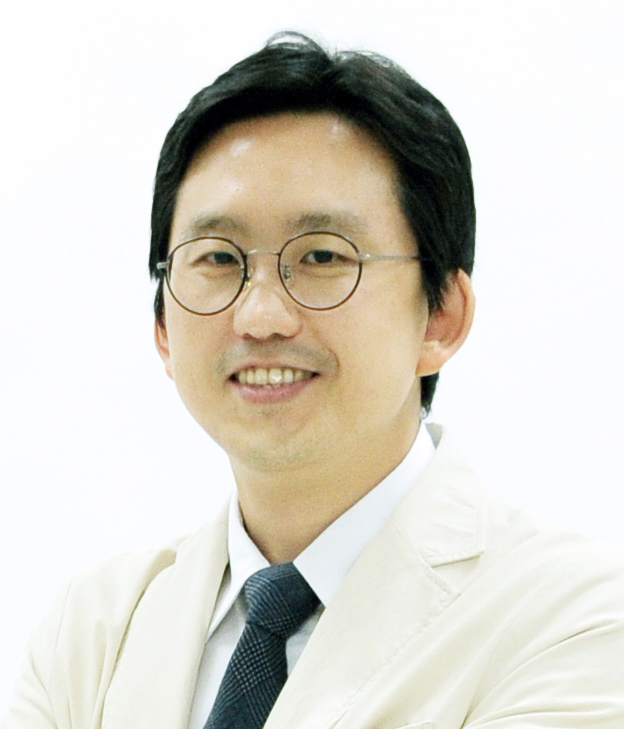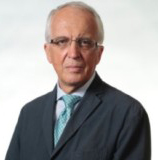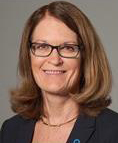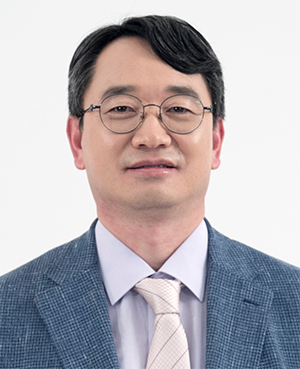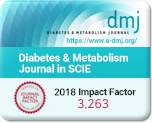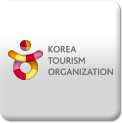Main symposia
| S3 Precision medicine in diabetes : Do you feel like your T2D treatment is a "one-size-fits-all" protocol? |
09:00~10:40 / Friday 11 October Convention hall B Chairman:Yong Wook Cho, Hertzel C. Gerstein |
Overview |
|---|---|---|
Organizers: Sung Hee Choi, Sang Soo Kim This session titled, 'Precision medicine in diabetes' is a translational session that is designed to provide an evidence for clinicians and basic researchers to tailor type 2 diabetes therapy to an individual patient. For delivery of a targeted and personalized treatment for diabetic patients, integrative bioinformatic and clinical approaches, including proteomics and large-scale electric medical records, will be presented and discussed in this session. This session will be an essential step in helping to transform one-size-fits-all healthcare into a precision medicine based on a paradigm in diabetes. |
||
|
3-1Introduction to precision medicine and proteomics related precision medicine with diabetic nephropathy
 |
|
|
3-2From big data to precision medicine in diabetes | |
|
3-3Ectopic fat proteome and diabetes | |
|
3-4Data standardization with OMOP CDM for precision medicine | |
| S7 DPP4I for Asian : Does DPP4I work better for Asian, if Yes, why is so? |
13:20~15:20 / Friday 11 October Convention hall B Chairman:Moon-Gi Choi, Peter Rossing |
Overview |
|---|---|---|
Organizers: Sang Yong Kim, Cheol-Young Park After introduction of incretin-based therapy, the use of dipeptidyl peptidase(DPP)-IV inhibitor increased significantly over the past decade. Interestingly, the glucose-lowering efficacy of DPP-IV inhibitors or glucagon-like peptide-1 receptor agonists was reported to be greater in Asians than in non-Asians. This session titled, 'Does DPP4I work better for Asian, if yes, why is so?' is a clinical session that is designed to provide an opportunity for clinicians and basic researchers to discuss this unexplained clinical efficacy in Asians. Initially, three lecturers will give a talk about the effects of DPP-IV inhibitor according to the race, genomic differences and clinical responses. And then, four panelists will discuss why different responses have been made together with an audience. This session will be a cornerstone to understand more precise mechanism and action of incretin-based therapy. |
||
|
7-1Ethnic differences in the effects of DPP4I | |
|
7-2Genetic aspects on responses on incretin-based therapy | |
|
7-3Who is responder or non-responder of DPP4I? | |
|
Do you feel the population with diagnosed T2DM in Asia vs. ex-Asia is fundamentally homogenous in drug response and time to use drug? - Sang Soo Kim (Pusan National University, Korea) - Jin Hwa Kim (Chosun University, Korea) What's the underlying mechanistic explanation for better glycemic efficacy in Asian populations? - Hye Jin Yoo (Korea University, Korea) - Kyung-Soo Kim (CHA University, Korea) |
||
| S12 Up-coming anti-diabetic medication : Recent advance in drug for diabetes |
16:20~18:00 / Friday 11 October Convention hall B Chairman:Jeong Taek Woo, Vivian A. Fonseca |
Overview |
|---|---|---|
Organizers: Sang Yong Kim, Cheol-Young Park, Jong Chul Won This session titled, 'Recent advance in drug for diabetes' is a clinical session that is designed to provide an opportunity for clinicians and basic researchers to introduce newly developed and developing anti-diabetic agents. Over the years, many different classes of anti-diabetic medication have emerged with technological advances. However, continuous attempts have been made to investigate novel agents for the treatment in diabetes. In this session, four lecturers give a talk about various pharmacologic agents including oral and injectable agents from development to clinical practice. Through this session, we hope that many clinicians take this opportunity to keep up with the latest knowledge and directions of upcoming various ant-diabetic agents. |
||
|
12-1Extension of SGLT2 inhibitor - dual inhibitor
 |
|
|
12-2Long-acting DPP4 inhibitors | |
|
12-3GLP-1RA based co-agonist therapy
 |
|
|
12-4New generation of insulin analogues | |
| S22 New guidelines for T2D : The new guidelines for type 2 diabetes |
13:30~15:00 / Saturday 12 October Convention hall B Chairman:Kyoil Suh, Barry H. Greenberg |
Overview |
|---|---|---|
Organizers: Jung Hyun Noh, In-Kyung Jeong This session titled, 'The new guidelines for type 2 diabetes,' is a clinical session that is organized to increase knowledge and promote better management of people with diabetes. This session includes the most current evidence-based recommendation of new guidelines in Korean Diabetes Association 2019, and updates in the management of dyslipidemia, obesity, and hypertension. Lectures presented will be of interest to clinically oriented physicians, researchers, epidemiologists, diabetes educators, and other health professionals. |
||
|
22-1What's new in KDA guideline 2019 | |
|
22-2Guideline updates in diabetes: dyslipidemia | |
|
22-3Guideline updates in diabetes: obesity
 |
|
|
22-4Guideline updates in diabetes: hypertension
 |
|







